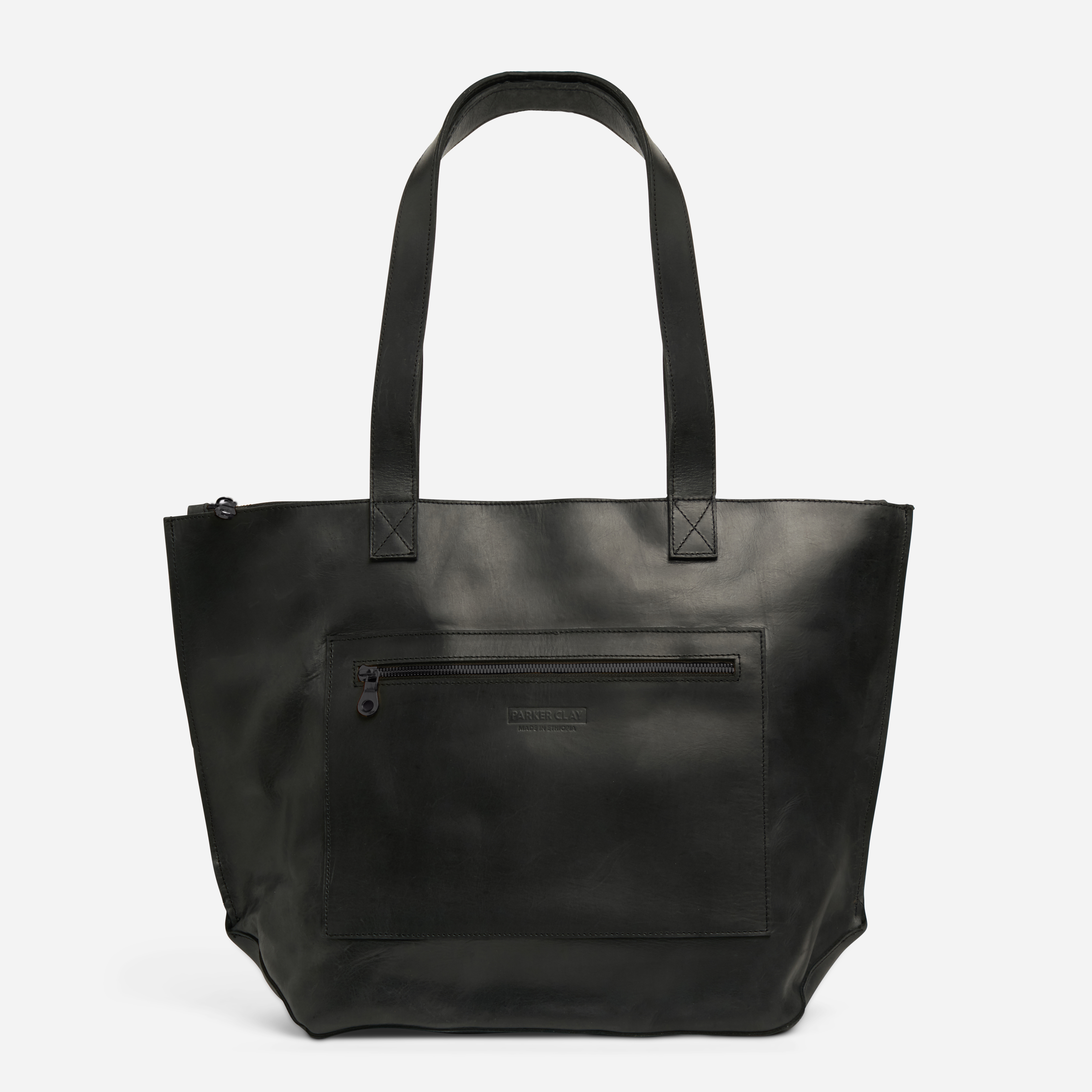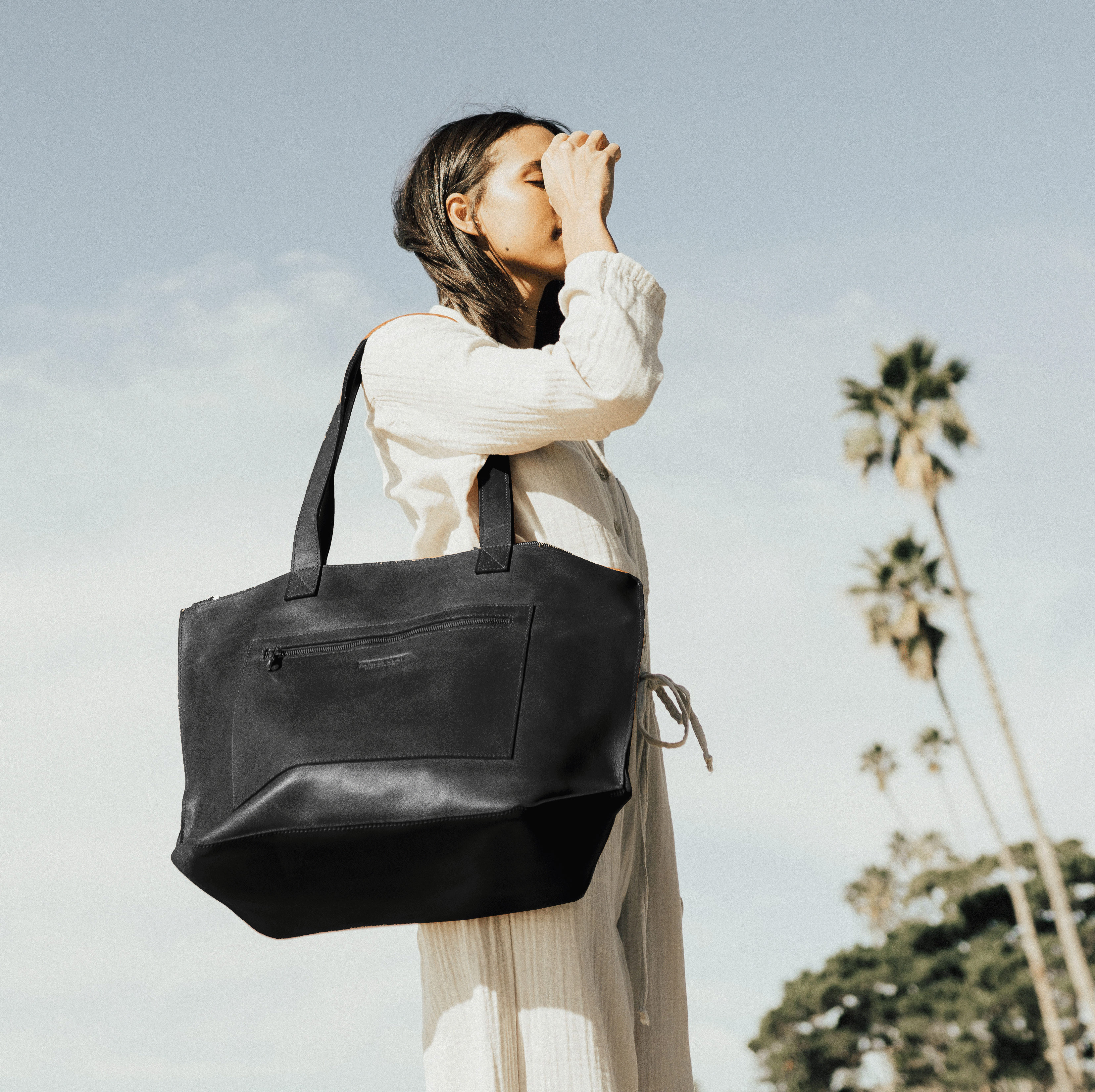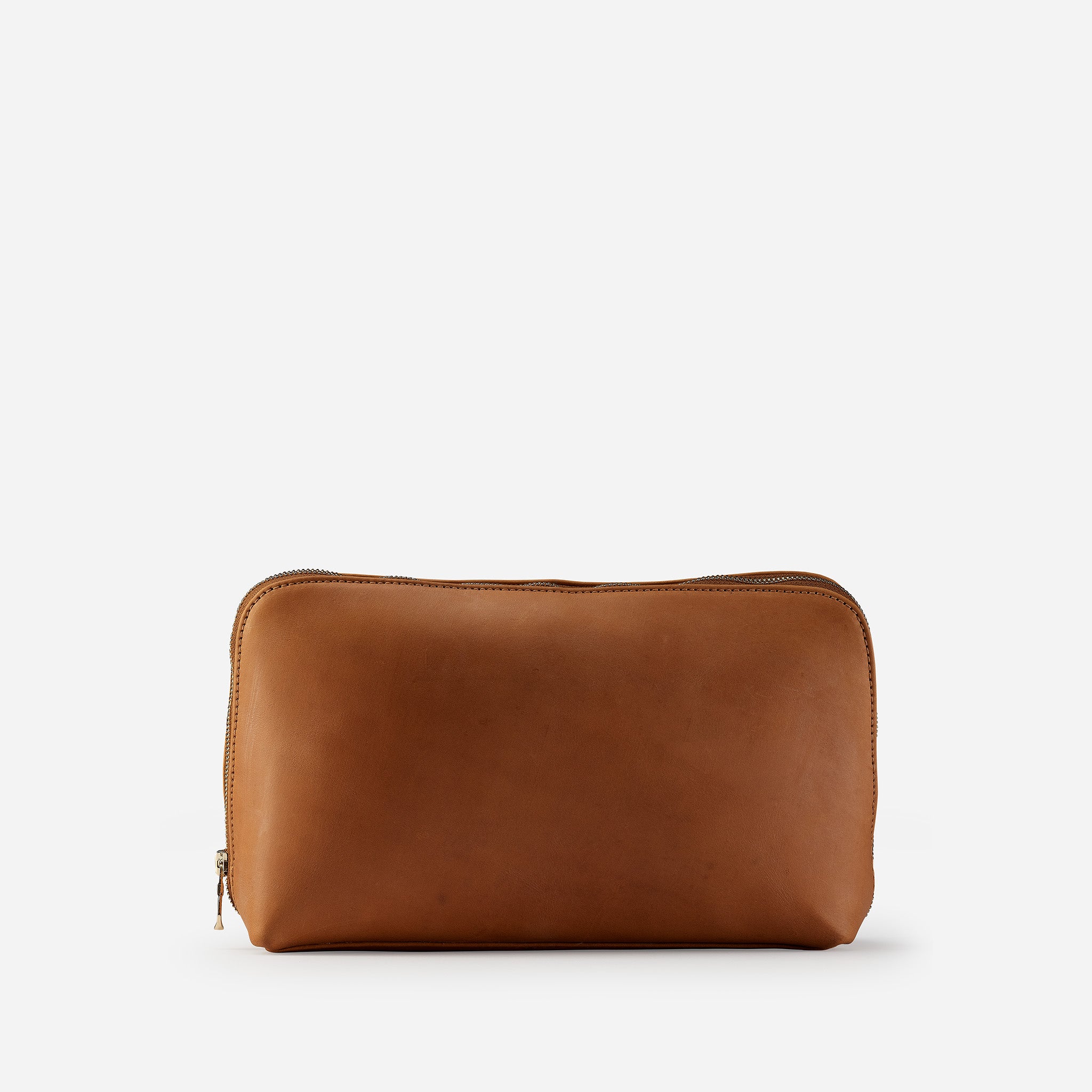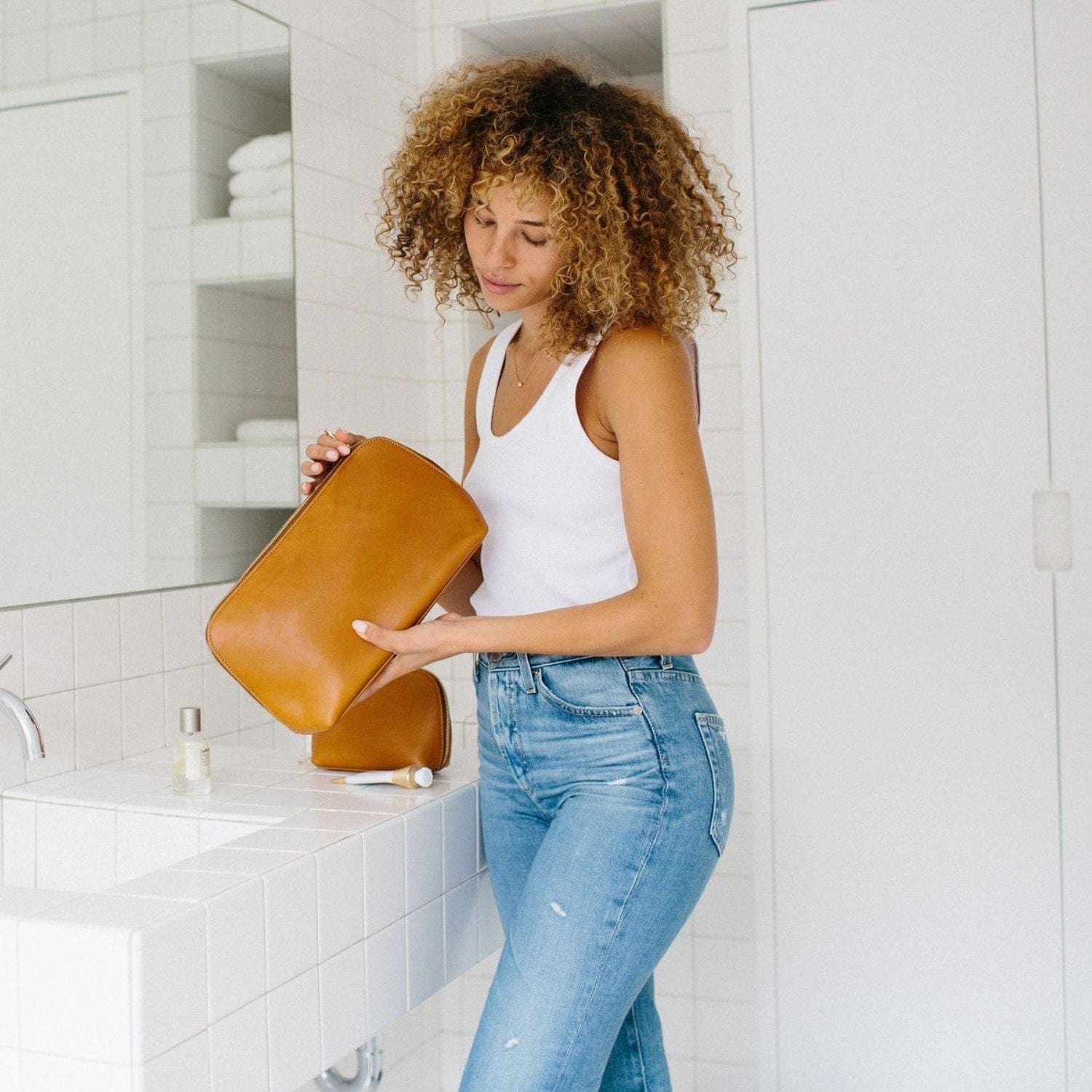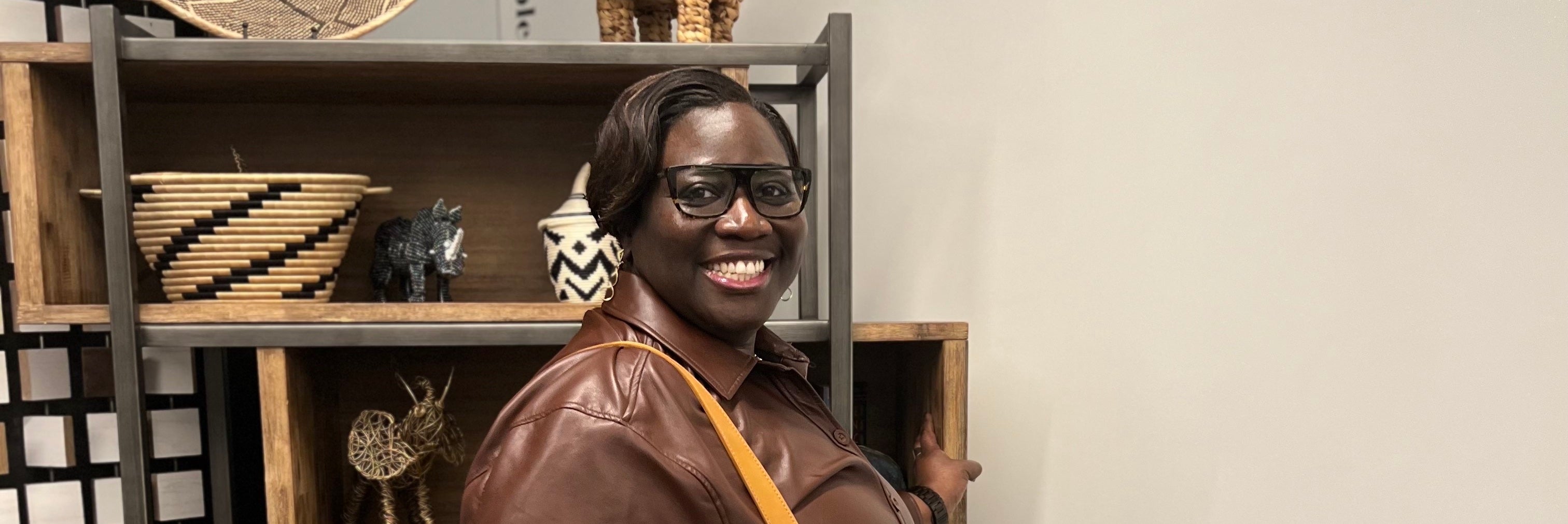
Meet Latasha Morrison
Founder of 'Be The Bridge'
№1 — What was the personal inspiration for you behind creating “Be the Bridge”?
I think the catalytic moment for me was after Trayvon Martin was murdered. He was the 17 year old in Florida that was shot, basically for being black and looking out of place in a neighborhood. I think just hearing the different views and perspectives around that shooting really took me back to a Martin Luther King statement – that people fear each other because they don't know each other. And people don't know each other because we live in segregated, relatively homogenous communities. For a black and/or indigenous person in this country to really survive and thrive, you have to know how to enter predominantly white spaces in our schools, our jobs. So we're likely to have these cross-cultural, cross-racial relationships, but it really depends on where you live in this country. There are people who go through their whole life and may never really interact with a person of color or, specifically, a black person.
So I think for me, the inspiration was that we really need to have some conversations. We really need to talk. We're supposed to be a community, we're supposed to be friends, but you're viewing another community of mine like this? Then let's really talk about these biases and where they come from. So that was the inspiration – starting these conversations and just wanting to really explore deeply these biases that we've inherited in a racialized society.
№2 — In an ideal world, what would racial unity in America look like to you?
Oh my goodness, this is a great question. I love asking that question, because sometimes we think about what's broken so much that we don't think about what it could look like if it were repaired? How do we reimagine the world that we live in? I see a world that we're all flourishing; where it's not a bad word to say equity.
If we look at it from a relational standpoint; imagine if you had one child that got everything and another child that you withheld things from, and at some point you said, "You know what, I'm going to treat all of my children equally now". To that child that was neglected, is giving them equal treatment going to be enough? They may need a little more than the child that got everything, because there may be developmental delays, there may be a lack of love and care. Maybe they need more tutoring. Treating them equally now, 10 or 15 years later, is not going to resolve all that.
So to me, a world with racial unity looks like one in which we're no longer conditioned by a racialized community, but all are given the proper environment to thrive and flourish. Racial unity also looks like redemption and restoration and repair. Those are all part of giving people their dues in the reordering of things, the way that God had intended.
№3 — What has been your biggest challenge this past year 2022 with “Be the Bridge” and how would you like to see that change in this new year 2023?
One of the biggest challenges has been keeping people engaged in this work. Our world seems to have a bit of a short term memory, where we're moved for a moment, but once things are not in the news, people go back to business as usual. There were a lot of commitments made during the summer of racial reckoning in 2020 after the murder of George Floyd. But how many companies have really fulfilled the things that they promised? A lot of people made statements, people had committed to a lot as it relates to racial justice and equity within their own organizations. But how many people have really followed through with that?
So our biggest challenge is getting people to care, getting people to have empathy, and getting people to be engaged in this work when it's not, you know, a major issue happening on the news, but instead consistently living a lifestyle of reconciliation. This is not a movement that we're building here. It is a lifestyle. We as people make up systems and as we deal with our biases that we have, it impacts the places where we intersect. So I think that this work is important for every individual to do on their own, especially when no one is requiring them to do it.
№4 — Tell us a little about your mentors and how you have gotten to where you are today.
I've had some incredible mentors and friendships. I think it's important to have a kind of community, you know, what you might call a "board" of mentors where you have people that can mentor you in different ways; as a female, as a leader… I had people mentor me in business and starting an organization because I had never done that – I'd never started a nonprofit! So I had people walking alongside me, helping me, and coaching me. And with that these are now people that I can also go to when I run into issues or when I'm at a crossroads. So I think mentorship is valuable, and it's important and necessary for any leader. We never arrive; we're always evolving and we're always learning and I think it's important for us to remember that.
№5 — What is one of your most proud professional accomplishment(s)?
I think, for one thing, starting a 503C with no money… with nothing. Starting that from scratch and building it up, especially dealing with the subject that I'm dealing with, I think Be The Bridge is one of my most proud accomplishments. I would also add that I think writing a book was maybe my greatest accomplishment, because no matter what happens in this world, there were words that I wrote that were turned into a book, that will now be around long after I'm gone. So to know that, that my heart, my family stories, my story – all of that was laid out in words… that's something that I'm very grateful for.
№6 — What would you say to your younger self if you could talk to her right now?
I would say "It all makes sense".
It will all make sense someday – be grateful for how God has wired you and created you. The empathy, the big heart, the justice-seeking little girl that I always was. Those threads will be created into a beautiful piece of art one day, and everything that's happening is for a reason. Stay humble. Stay faithful. Keep your big heart. Keep your convictions and continue to love people.
My favorite is actually the new purse, the woven Deset Crossbody. To me, the weaving represents unity. It represents the power of different things coming together to form something strong and beautiful. The naturally varying shades of brown hint at the depth in diversity of people in every group, woven together to represent our interconnectedness. We are better together, and what better to represent that than a bag of woven leather strips that we can all carry – one that embodies the fact that we are so much stronger when bonded together. The Deset Woven bag captures the strength and beauty that exist in the balance of uniqueness and togetherness.”№7 — Do you have a favorite Parker Clay product
I also really love my red bag, the Merkato Small Zip. I just love leather! I love real leather because it can be conditioned and it lasts and you can pass it on to other people.
